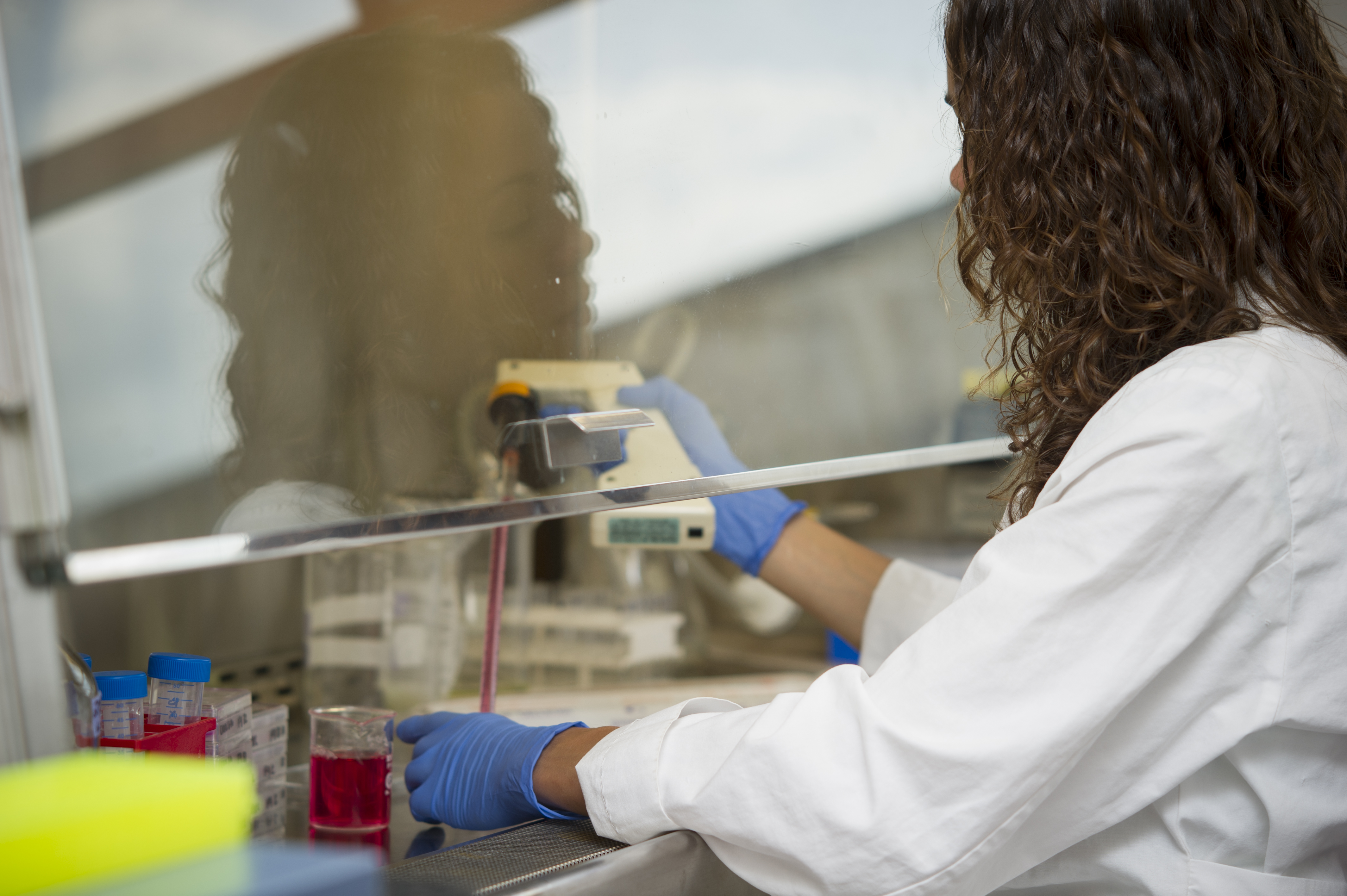贝克研究所通过科学发现为社会服务,为改善动物和人类健康开辟了新的途径。该研究所研究传染病,免疫学,遗传学和表观遗传学,癌症,干细胞,生殖和发育以及相关领域,寻找新知识,然后将其转化为对动物和人类健康的切实益处。该研究所有许多正在进行的项目,包括:使用最先进的技术来了解破坏性癌症,犬血管肉瘤如何发展,并更好地了解干细胞在乳腺癌中的作用,以及乳腺癌细胞如何对选择的治疗方法产生抗药性。这项工作对于了解这些肿瘤如何发展和对治疗产生耐药性至关重要;治疗它们的必要步骤。
确定泰勒病的原因,泰勒病是一种导致马致命肝衰竭的病毒感染。这种疾病的原因已经困扰了研究人员100多年。贝克科学家团队与美国和欧洲的其他研究人员合作,确定马细小病毒是泰勒病的原因。这种病毒的鉴定为筛查血液制品以防止疾病传播提供了可能性。
将研究精子细胞导致受精的过程所获得的知识转化为男性不育诊断测试的成功开发。除了帮助夫妇怀孕外,这种类型的测试还有可能帮助野生动物管理者改进他们选择、处理和储存濒危物种精液的方式,从而加强繁殖工作以避免它们灭绝。
研究所的这些和许多其他研究项目精心奠定了科学基础,以了解动物的本质,甚至人类疾病。这些项目为改善人类心爱的动物的健康开辟了新的道路。

The Baker Institute serves society through scientific discoveries, opening new avenues for improving animal and human health. The institute studies infectious diseases, immunology, genetics and epigenetics, cancer, stem cells, reproduction and development, and related fields, finding new knowledge that can then be translated into tangible benefits for animal and human health. The institute has many ongoing projects, including: using state-of-the-art technology to understand destructive cancers, how canine angiosarcoma develops, and to better understand the role of stem cells in breast cancer, and how breast cancer cells develop resistance to the treatment of choice. This work is critical to understanding how these tumors develop resistance to treatment; Necessary steps to treat them.
Determine the cause of Taylor's disease, a viral infection that causes fatal liver failure in horses. The cause of the disease has puzzled researchers for more than 100 years. The team of Baker scientists collaborated with other researchers in the United States and Europe to determine that equine parvovirus is the cause of Taylor's disease. The identification of this virus opens up the possibility of screening blood products to prevent the spread of the disease.
The knowledge gained from studying the process by which sperm cells lead to fertilization was translated into the successful development of diagnostic tests for male infertility. In addition to helping couples get pregnant, this type of testing has the potential to help wildlife managers improve the way they select, process and store semen from endangered species, thereby enhancing reproductive efforts to avoid their extinction.
These and many other research projects at the Institute have carefully laid the scientific foundation to understand the nature of animals and even human diseases. These projects open new avenues for improving the health of our beloved animals.